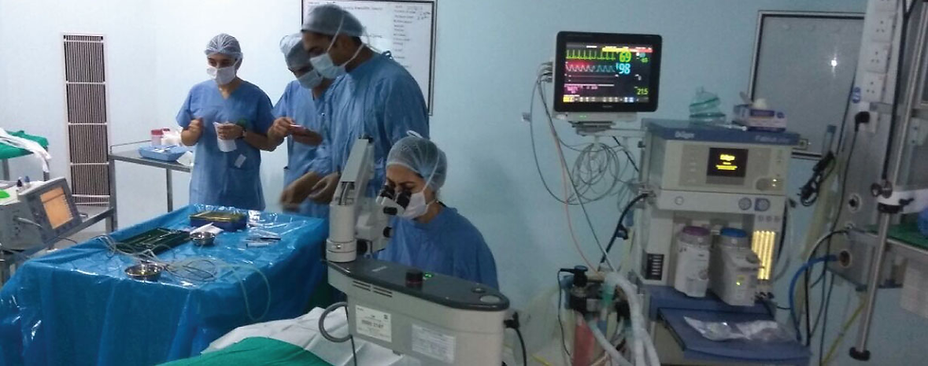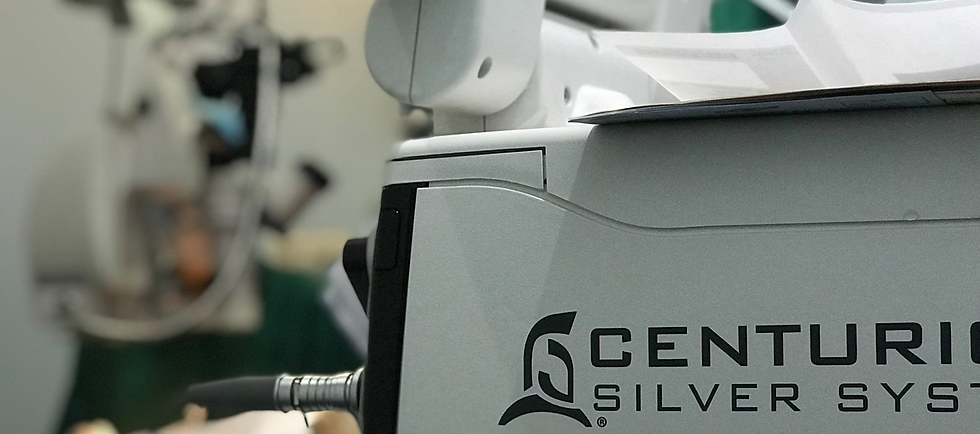
DIABETIC CLINIC
SERVICES
Diabetic Clinic in Gurgaon
Untreated diabetes can eventually lead to blindness.
In the early stages, diabetic related eye conditions often have few symptoms, which makes them especially dangerous.

WHAT WE DO ?
The Cataract & IOL Department is led by Dr Reena Sethi (Head and Senior Consultant) who is supported by 5 more consultant surgeons trained in the management of cataract and general eye diseases, with the latest of technology in eye care available.
The team is also backed with cutting edge technology and equipment which enables them to achieve their targets and provide a very successful outcome. The use of Optical biometery (TOMEY Japan), Latest phaco machinery (ALCON USA), best phaco dynamics (ALCON CENTURION System) and premium IOLs (Alcon, AMO, Zeiss and many others..) help the team meet expectations of their patients.
Diabetes can lead to 4 main eye conditions
Diabetic macular edema
This can only occur in the presence of diabetic retinopathy, and is swelling in the macular area of the retina caused by an increase in eye fluid. This leads to vision becoming blurred.
Diabetic retinopathy
It is caused by damage to light-sensitive tissue at the back of the retina.
Blood sugar control and lifestyle changes such as stopping smoking can reduce the chances of developing diabetic retinopathy.
Glaucoma
People with diabetes have a 5% chance of developing glaucoma, in contrast to a 2% risk for non-diabetics.
Diabetes can raise blood pressure, and high blood pressure is a risk factor for glaucoma.
Cataract
Diabetics are 2 – 5 times more likely to suffer from cataracts than the general population.

KEY FACTORS & FIGURES
50000+
Surgeries
25+ Years
PHACO
MICS
Available
TORIC Correction
For
ASTIGMATISM
Premium
IOS
WHAT OUR PATIENTS SAY
OUR CONSULTANTS

Dr. Arun Sethi

Dr. Reena Sethi
WRITE TO US



